Isobar’s women leaders discuss hurdles women face in Indian business
A lot has changed in the Indian business scenario today. There is greater awareness about giving women equal chances, encouraging more women to take up leadership roles, flexible timings, more support to new mothers. Given such positive developments, women are breaking the glass ceilings and taking on more and more responsibilities, especially in the advertising and M&E industry.
However, there are some ground realities that cannot be overlooked. Despite a changing scenario, there are still hurdles in the way of women assuming leadership roles, pay disparity across levels still exists, and sexual harassment at the workplace continues to rear its ugly head.
Continuing with the second part of the report on women empowerment at the workplace, four senior women leaders at Isobar India share their insights on what ails Indian business and also suggest some solutions.
Dearth of women in leadership position in India
When asked why there was a dearth of women in leadership positions in India business, Aakriti Sinha, Director - Social, Isobar, felt that it had a lot to do with self-doubt. “Moreover, there are people in this industry who have certain notions about women leadership and that’s why that confidence is not there, which too acts as a hindrance.”
However, three other women leaders at Isobar – Madhura Ranade (Director - Business), Prachi Karan (Senior Director – Media), and Priyanka Shah (Senior Director - Mobile) – felt otherwise.
Madhura Ranade remarked, “I don’t think there is a dearth of women leaders. It’s just about people whom we engage with.” But she agreed with Sinha that women themselves felt that they were not ready to take up the mantle of leadership. According to her, “We have to encourage them and that will only happen when there is open conversation. At Isobar, the management comes forward to promote such conversations, which builds confidence and give a boost to women professionally as well as personally.”
While Prachi Karan agreed that there was gender discrimination across corporates, she also said that things were changing and people were becoming more and more aware about such discrimination. “When we talk about women not being promoted to top roles, what we do not realise is that a lot of women drop off when they realise they are going to get into a bigger role. This is due to various reasons – they get married, have a baby, family priorities take precedence. At that point it is very important that organisations extend all support to the woman employee. There needs to be mentoring to assist her and help her with the transition. If we are able to step that drop-out, then I think the number of women in the work force would increase.”
Priyanka Shah is more upbeat as she believes that there is a shift in the culture of how working women are treated. “Earlier, they used to just work, but now women frame their own careers. The way that you look at your work now and the way society treats working women is very different. Today’s men are very supportive at the workplace and at home; they think that women should work, go ahead work and make a career. There is a lot of encouragement in today’s workplace which was not there earlier. There is still differentiation between girls and boys, but I think the borders are blurring now,” she remarked.
Pay Parity
Pay disparity in the Indian business ecosystem, especially in the top management levels has been an area of contention. To address this, Aakriti Sinha said, “The company now has to take a conscious decision. As a woman, I think we have to come forward and ask for our rights depending on our merits and demerits. There is nothing wrong in doing that. It should completely depend on individual merit not gender. As I said earlier, self-doubt is a woman’s biggest enemy.”
This is a point supported by Madhura Ranade as well, as she said, “A lot of women in our country do not negotiate for their salaries, they just take what they get. This is something that I have also done in the past. But I think this attitude changes only because of confidence. One should be confident about the things that they can do and on that basis they can ask what they want. This is the only way how we can deal with pay disparity in our ecosystem. But it’s a long way to go.”
“Pay parity is an issue in the media industry,” agreed Prachi Karan. She further said, “In most of industries, men do tend to get paid more than women. One of the reasons I think this happens is because of the way they are brought up, men are able to negotiate better than women. Women don’t ask for what they deserve. That’s where a lot of counselling and training come into place.”
According to Priyanka Shah, the first thing that needs to be done to address the issue of pay disparity is that merit should be given on the basis of talent and not gender-based. “Secondly, you have to bring transparency into the whole system. Everyone should know that if they are at a particular level, what is the pay bracket that they should expect, and then you should differentiate based on the talent. Once you get that transparency, you get to know if you are being paid equal to a male employee or not.”
When asked whether women were hesitant to ask for a pay raise, Shah replied, “If you talk holistically, yes, they are hesitant because a lot of women take into account factors like getting married, planning a family and then ask for a raise. But I feel regardless of what your personal conditions are – and you are blessed to have all those factors in your life – it’s pure talent and pure capacity, you should ask for the money worth that talent and capacity.”
Sexual harassment at workplace
“Before we talk about sexual harassment, it’s important to talk about equality. What women want is to feel as safe and secure, as men do, in any workplace. The fight against sexual harassment would never be won if it’s being fought only by women, no matter how strong. It needs to be fought together, side by side and hence, we need men equally involved. The idea is to ensure that even unknowingly we are not promoting the ‘by-standers effect’,” commented Prachi Karan.
She added that in this regard, there are trainings and workshops that are being done by many organisations (including Isobar) in the industry for both women and men, which is a great first step in this direction. Some organisations also have women council who are trained in dealing with and guiding in such matters, essentially creating an environment for women to be speak up and be heard. Karan stressed that it is the moral responsibility of organisations to sensitise and empower its employees to be fierce. “It is extremely important for our industry to show zero tolerance and actually enforce it at all levels, no matter how senior, because sexual harassment is not about sex, it’s about power,” she maintained.
Priyanka Shah, too, said that a lot of organisations are taking small steps to counter this serious issue. At the same time she felt that apart from the industry, every women also had to start to speak out and have the right to bring such instances to the notice of the management immediately. “People will have to take notice of it because they don’t have a choice and will have to show results as to how they are addressing such problems. This is something where we as women have to speak out and the industry has to be very sensitive. I won’t say all of them would be correct, as there are a lot of cases where women have been taking advantage of it. There has to be evaluation of the situation and there has to be more results that are actually showcased so that women started believing in this whole system,” Shah added.
Stating that Dentsu Aegis Network and Isobar took a serious view of sexual harassment at work, Aakriti Sinha added, “One has to be properly educated about the issue. Our notion about sexual harassment is that it is not just an obscene act, but there are some other acts too which come under its purview.”
Isobar has formed a Women’s Council to act as a point of contact for its women employees across its branches. “The reason behind doing this is because a lot of women are scared of opening up about sexual harassment,” Madhura Ranade said, adding, “Harassment can be of any kind. With this, we help the women to come forward and speak out about the harassment that they are facing and what they have to go through every day. With this Women’s Council, we have come across harassment which are not just women-oriented, but also men related.”



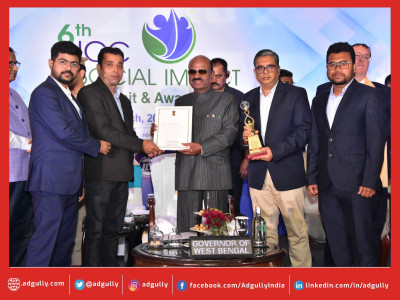
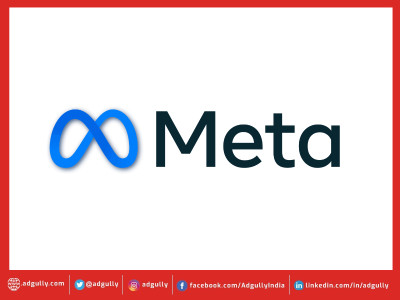

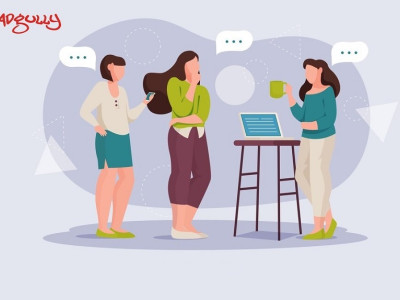




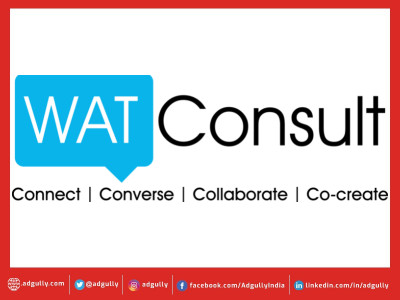
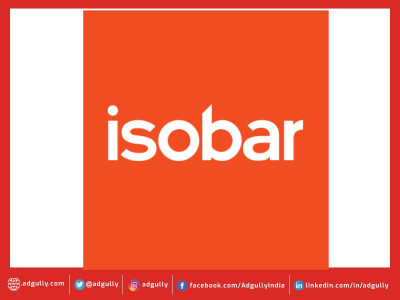



Share
Facebook
YouTube
Tweet
Twitter
LinkedIn